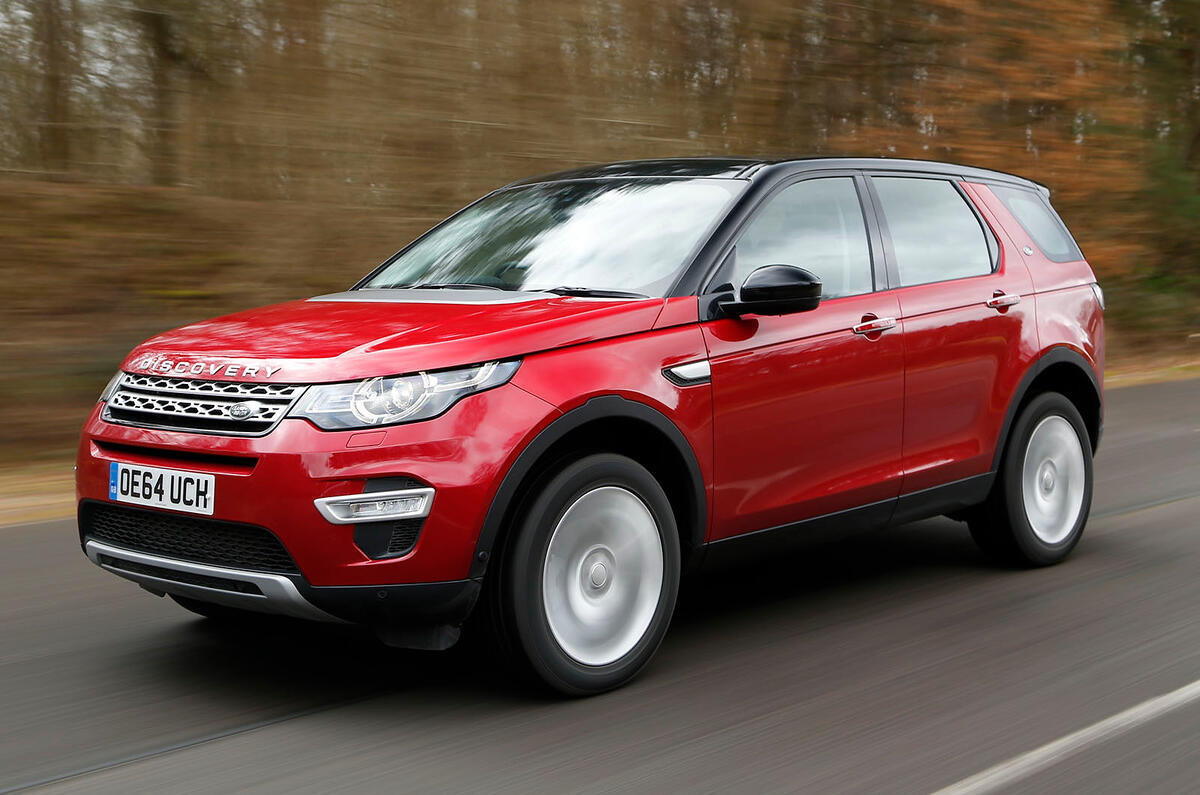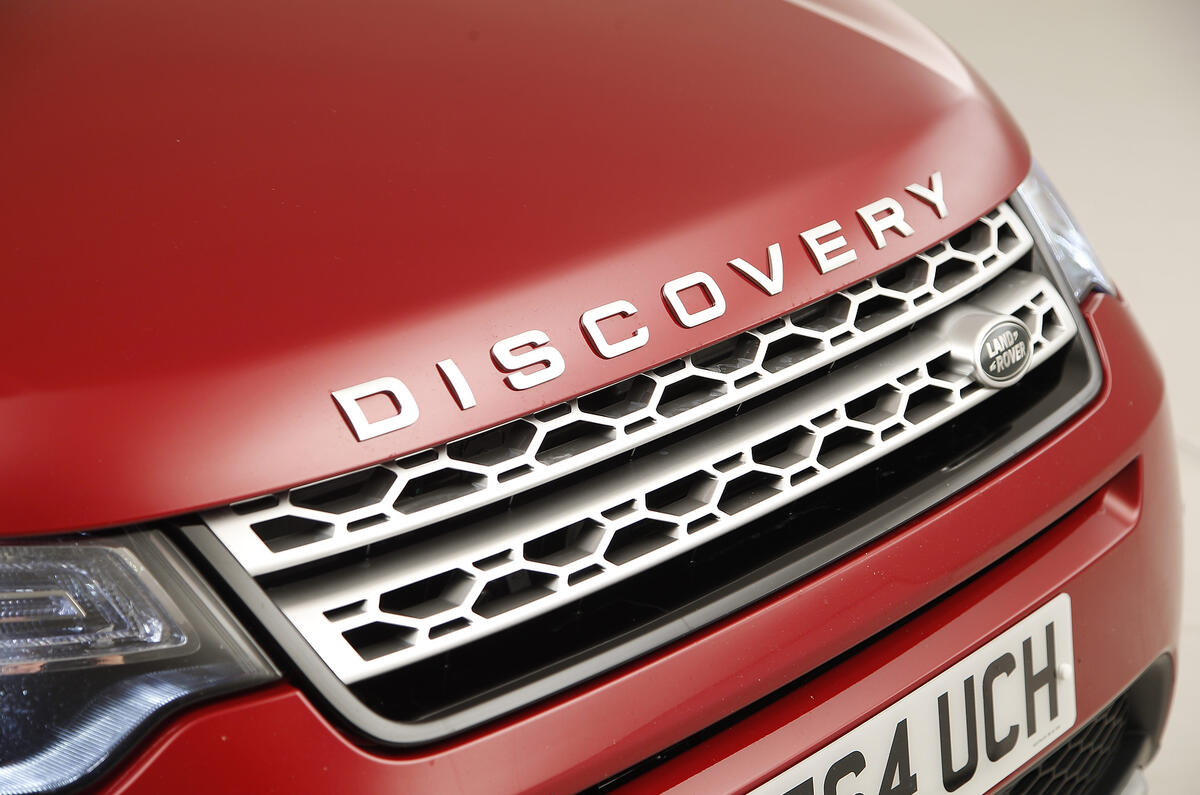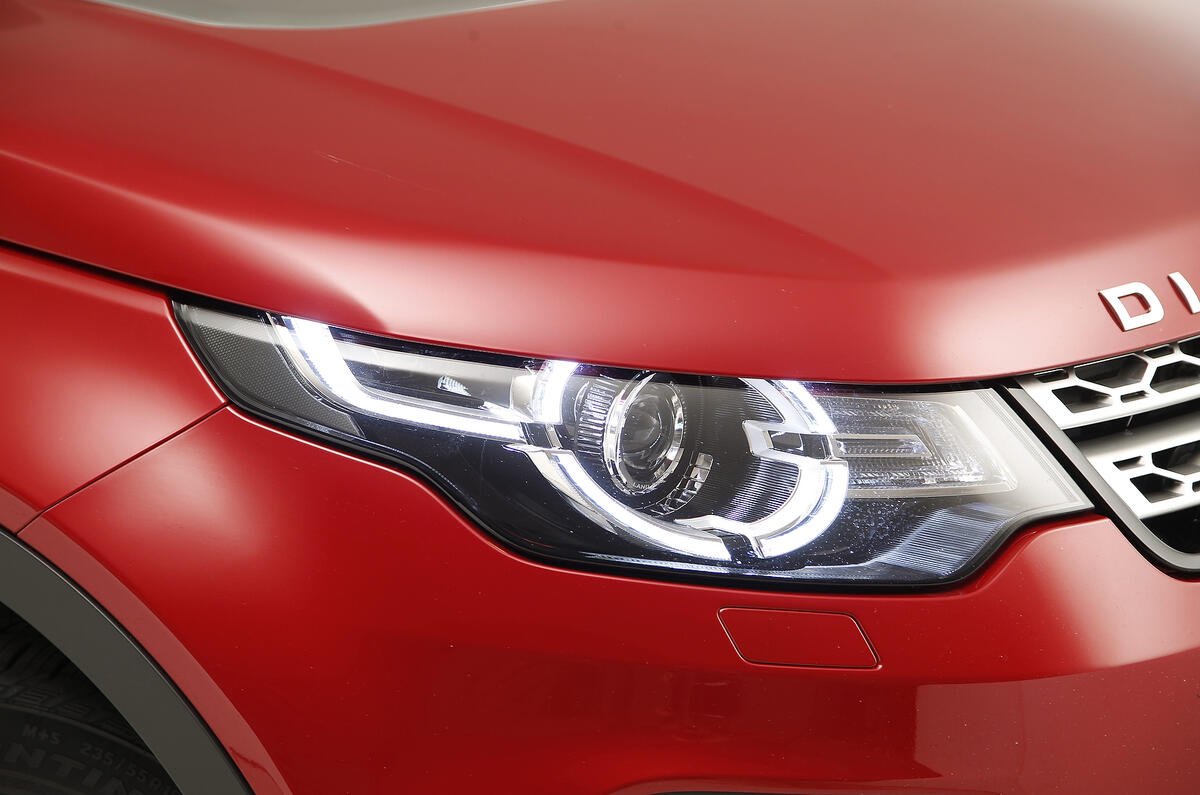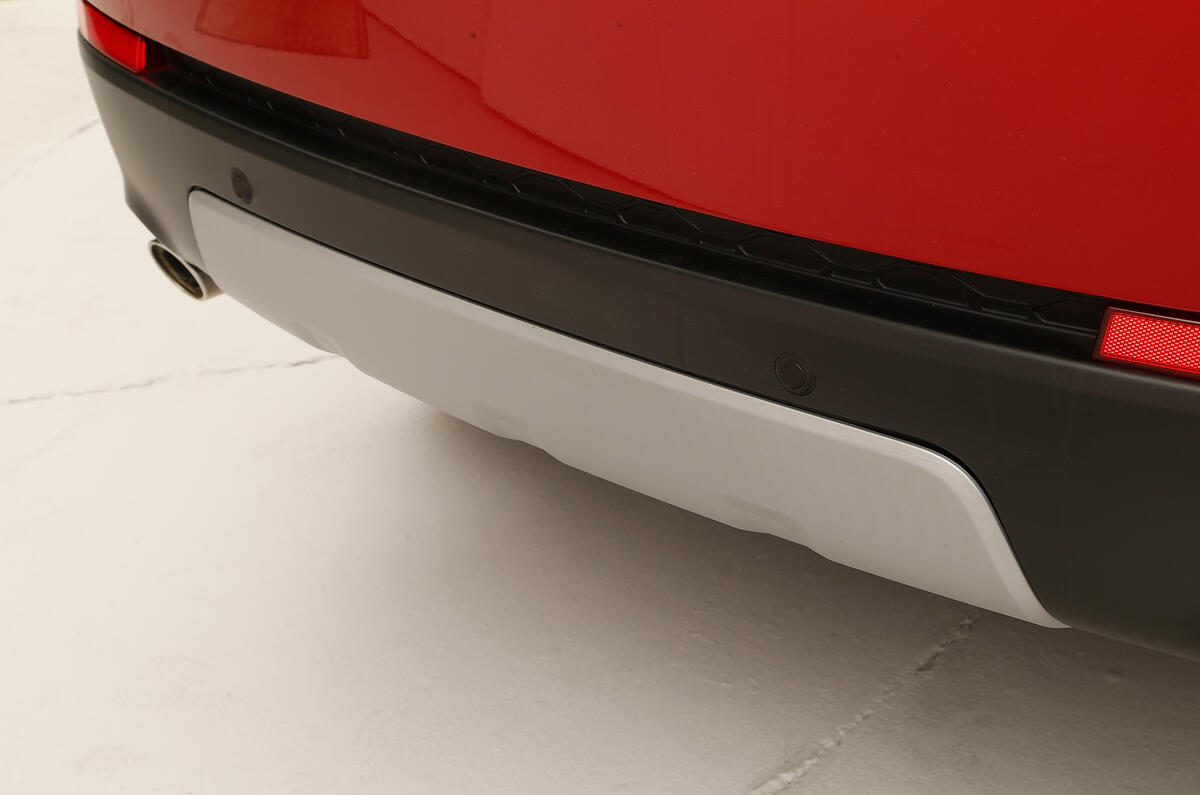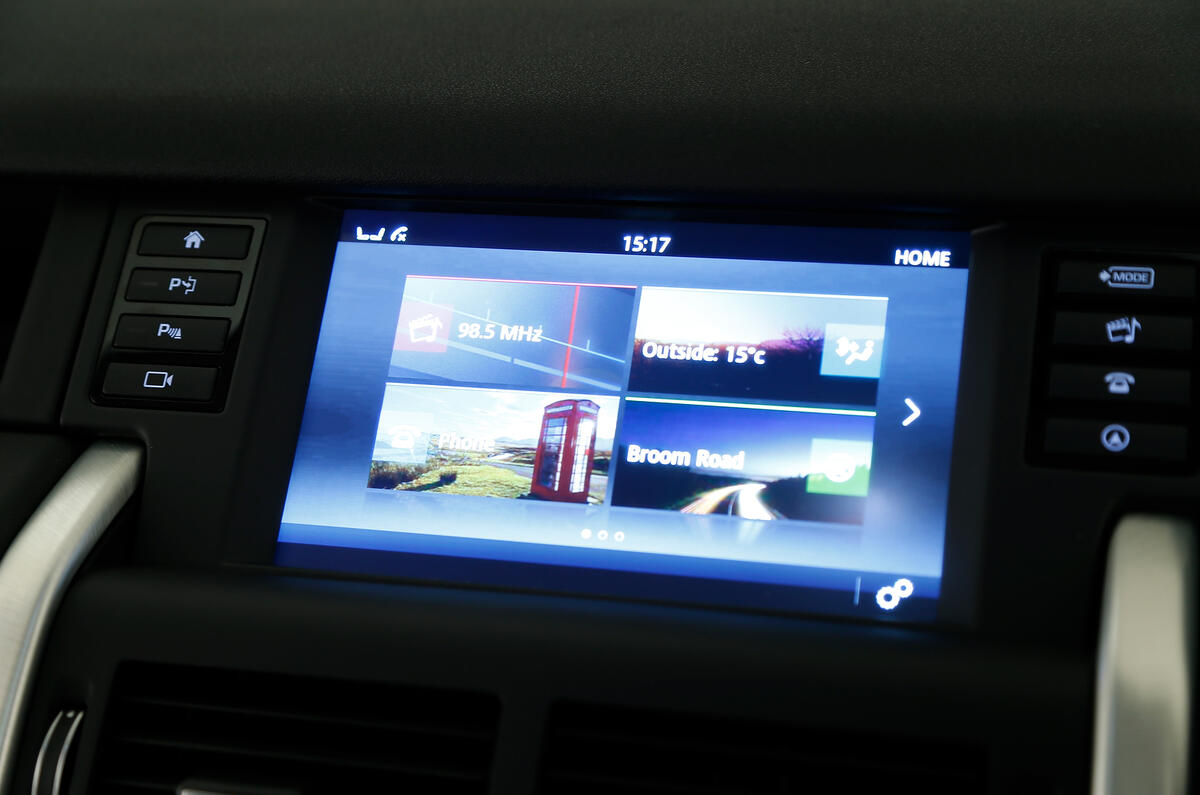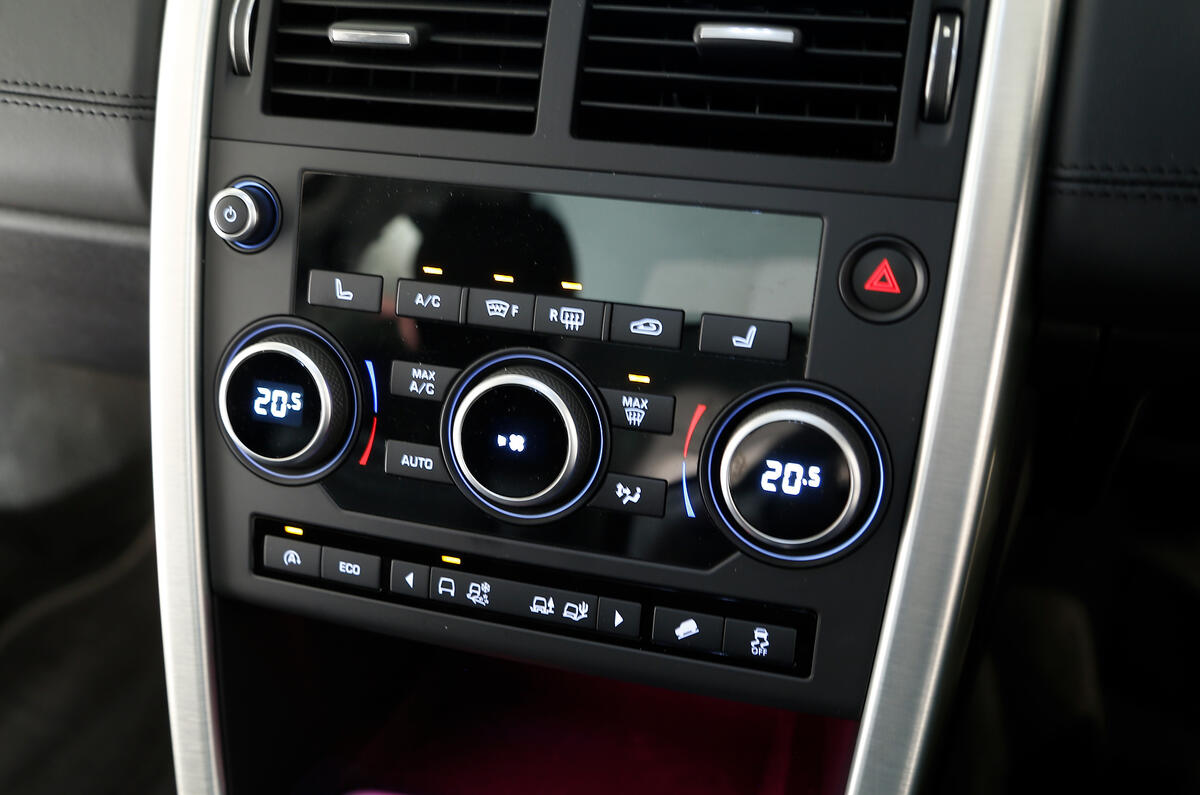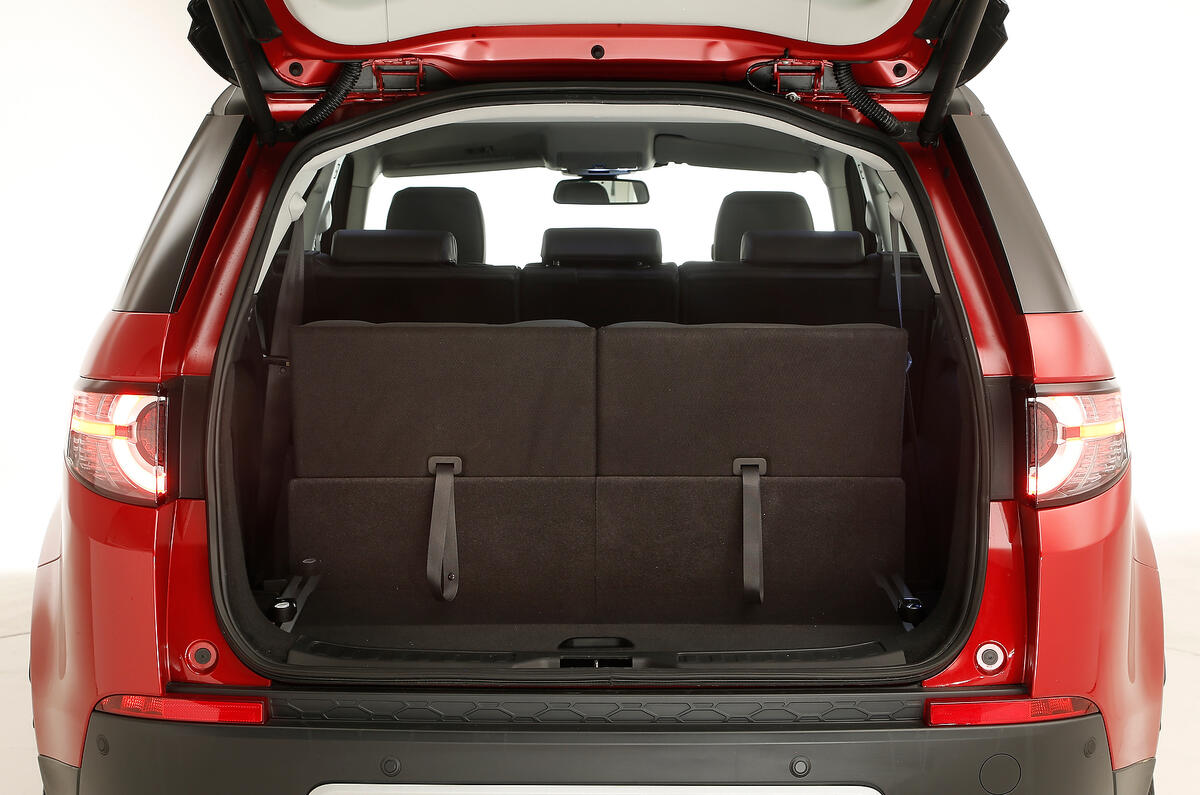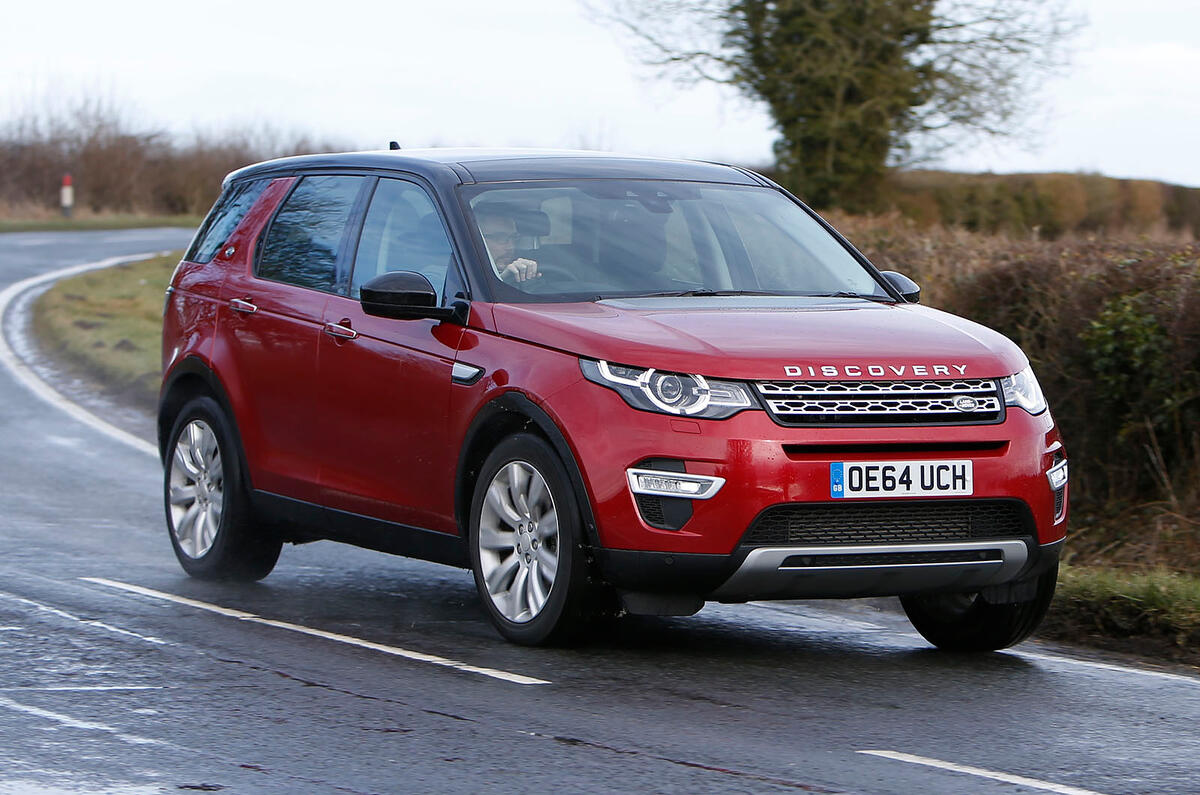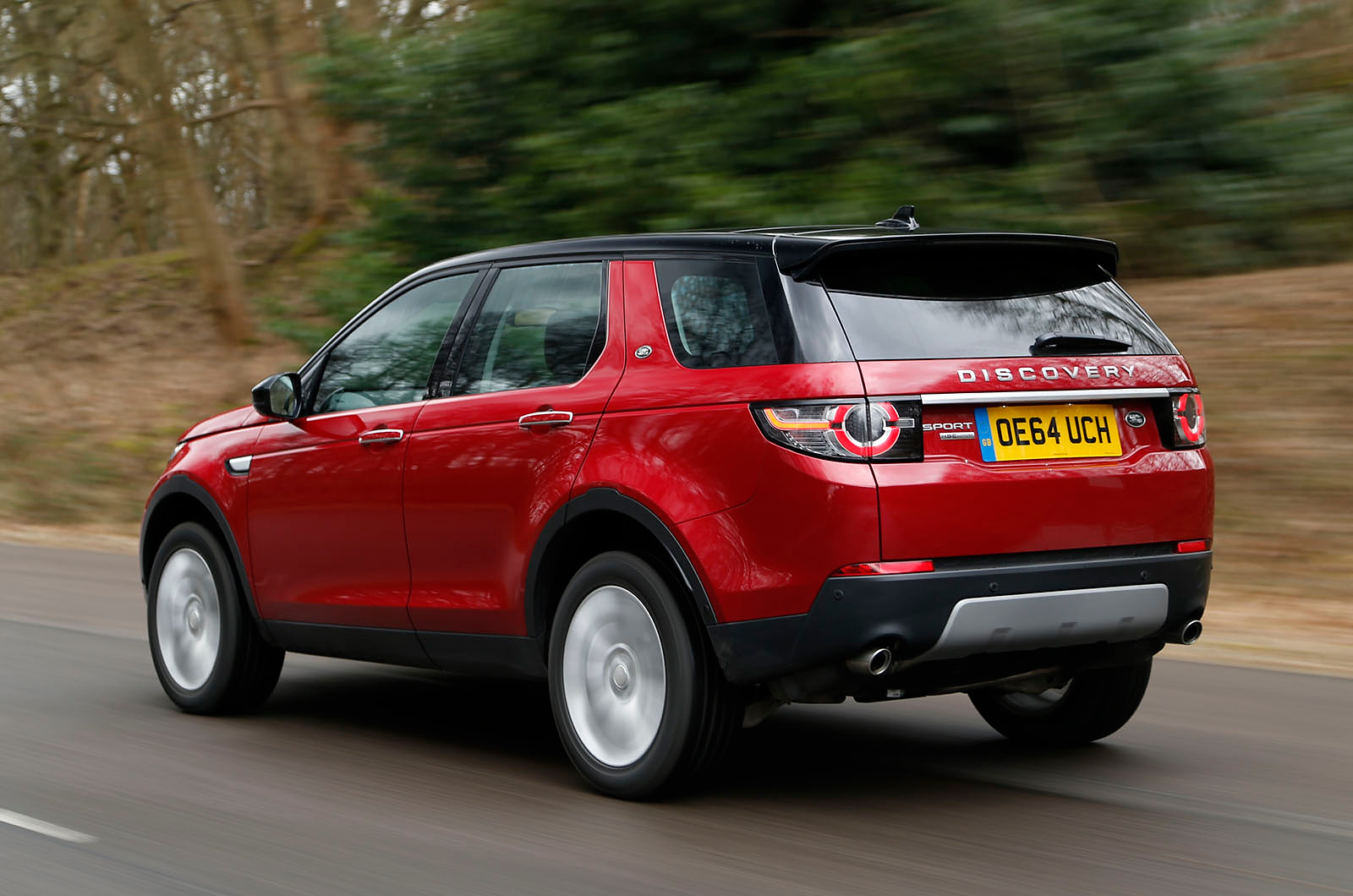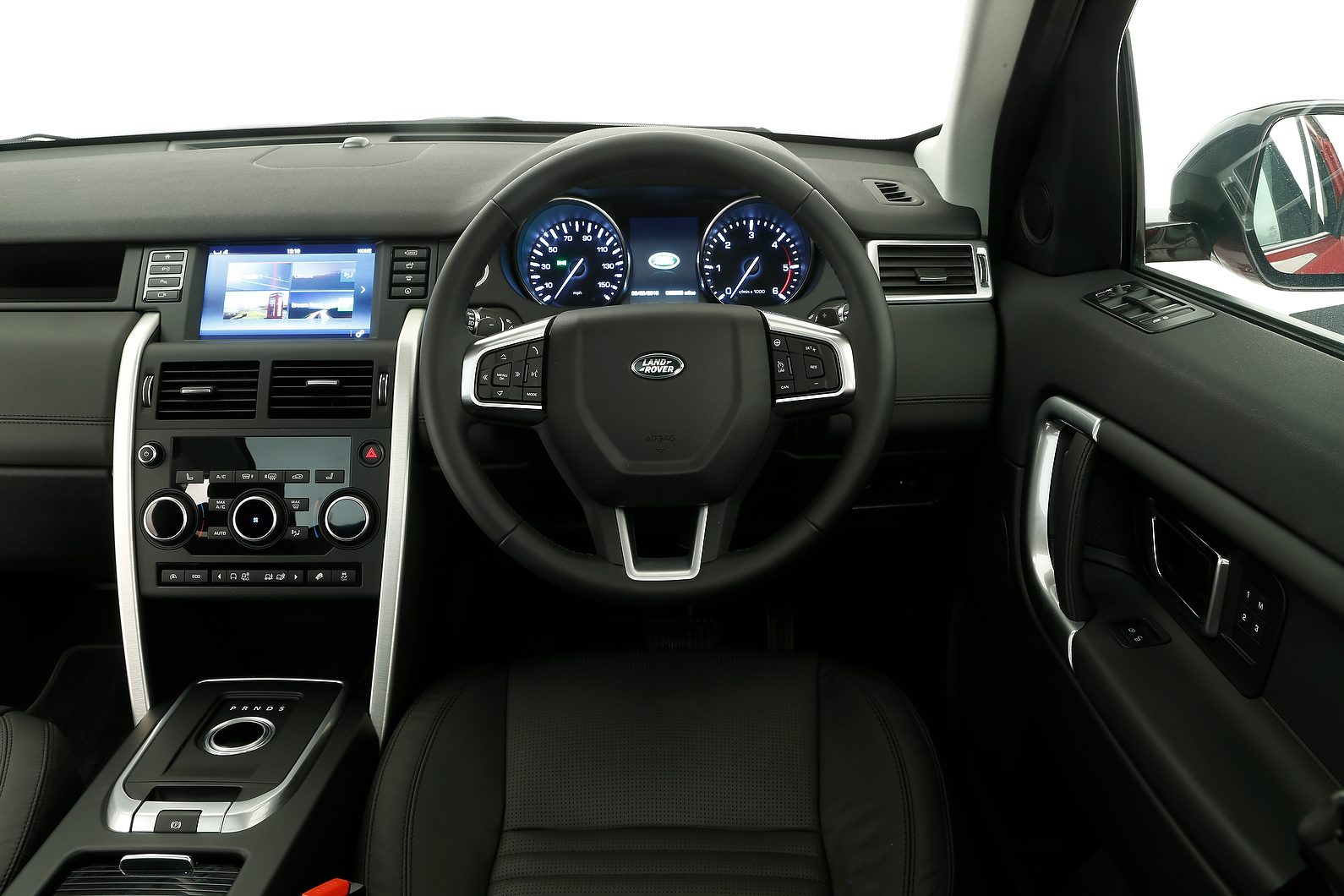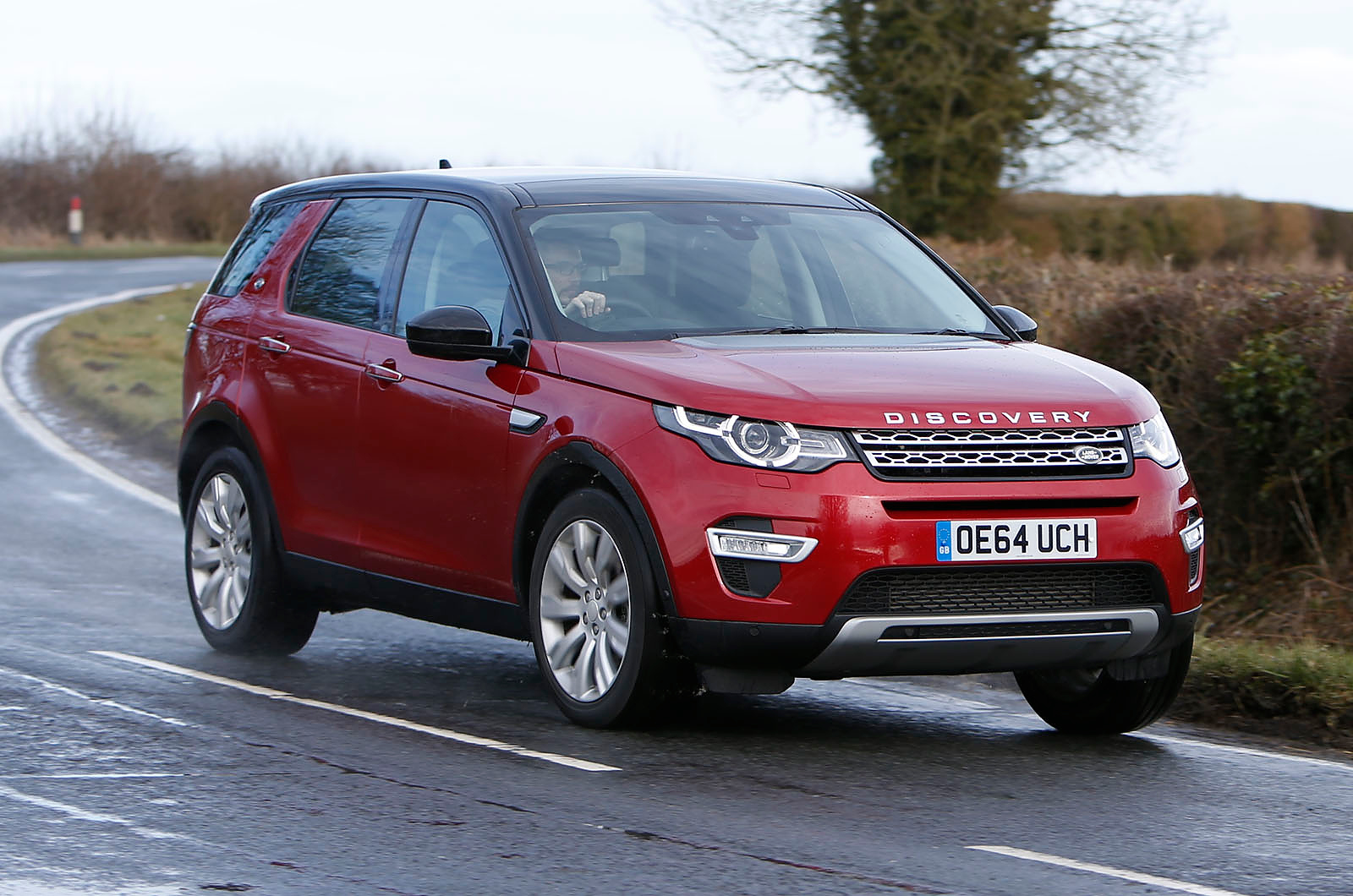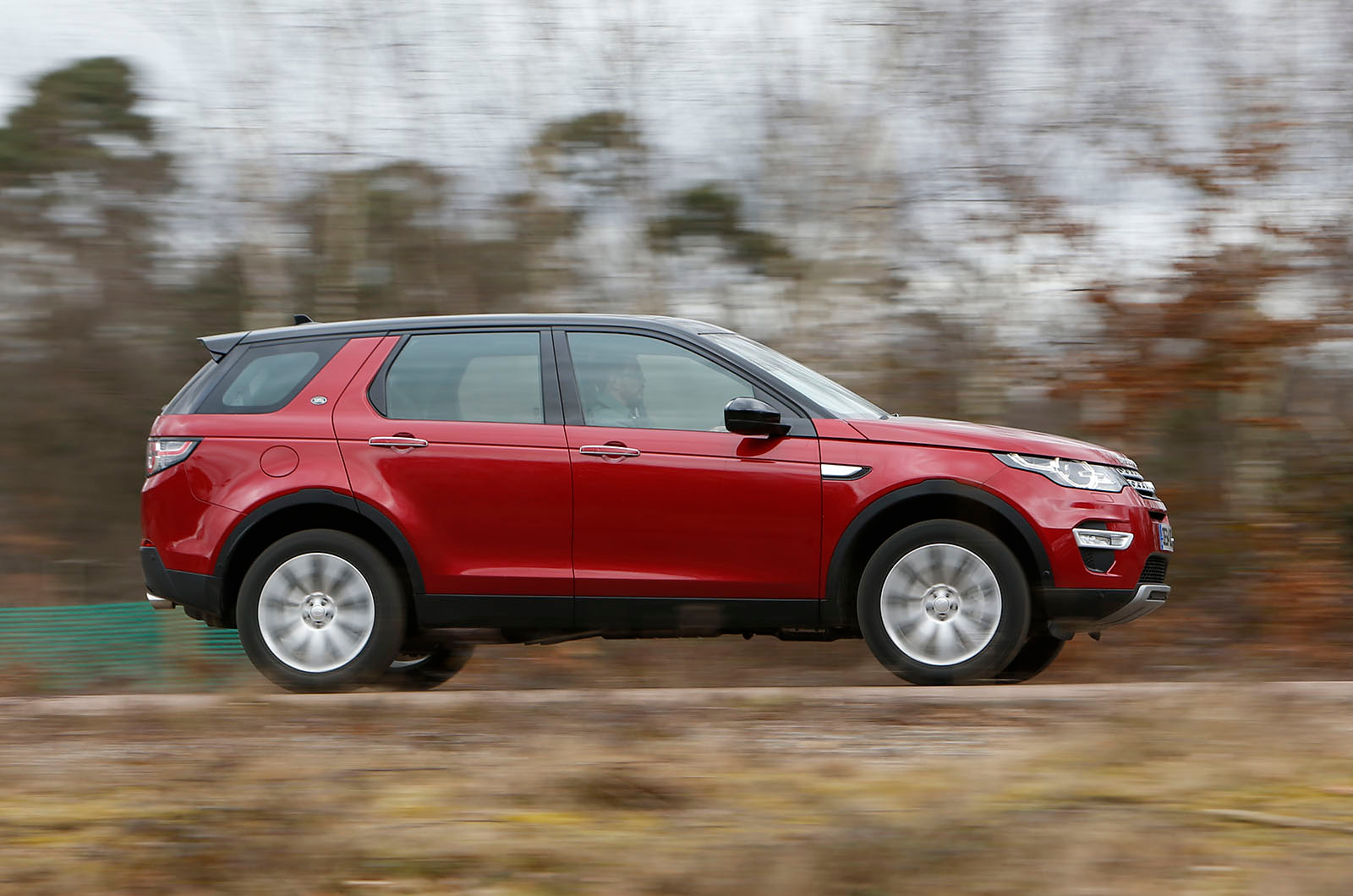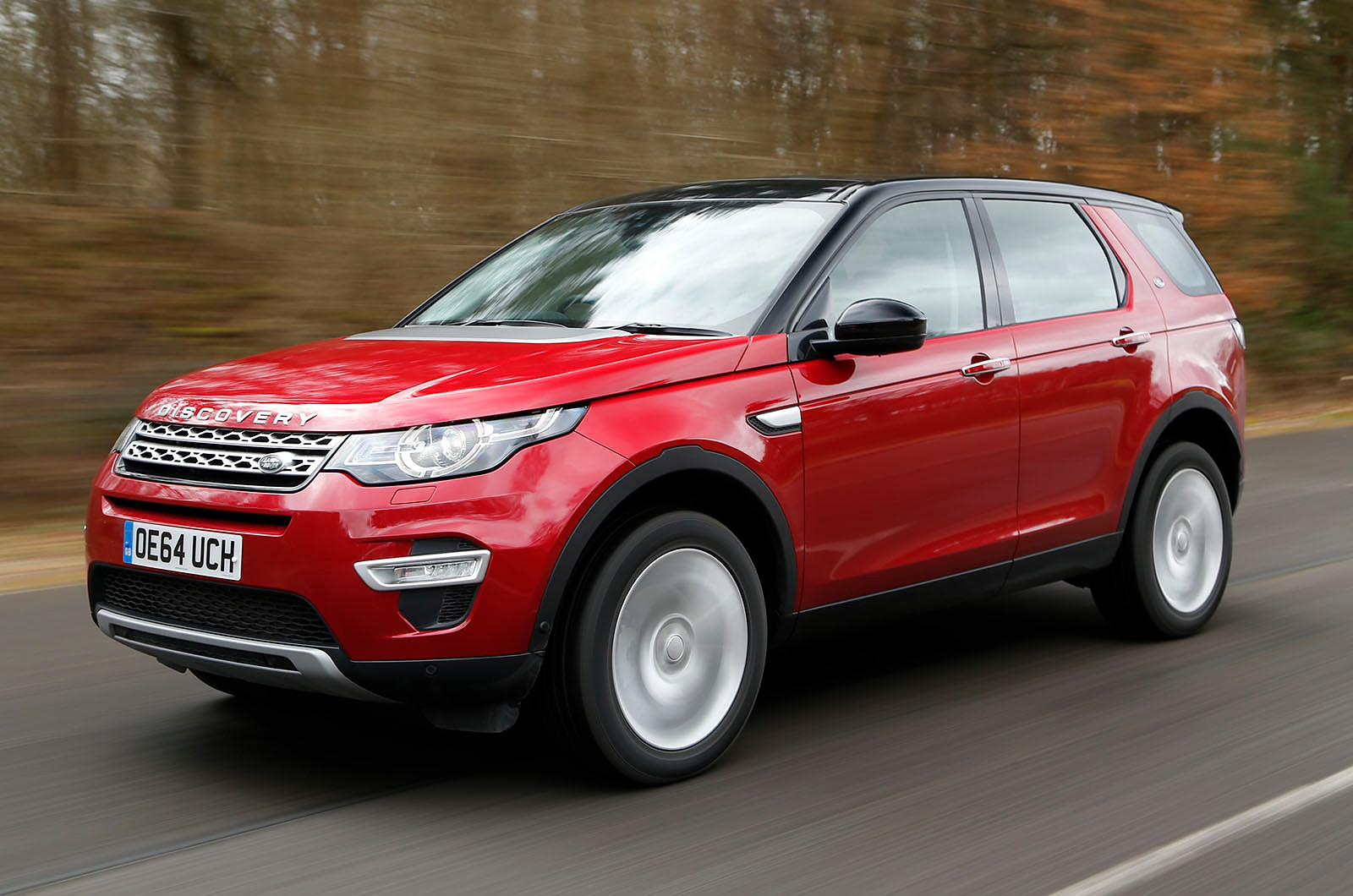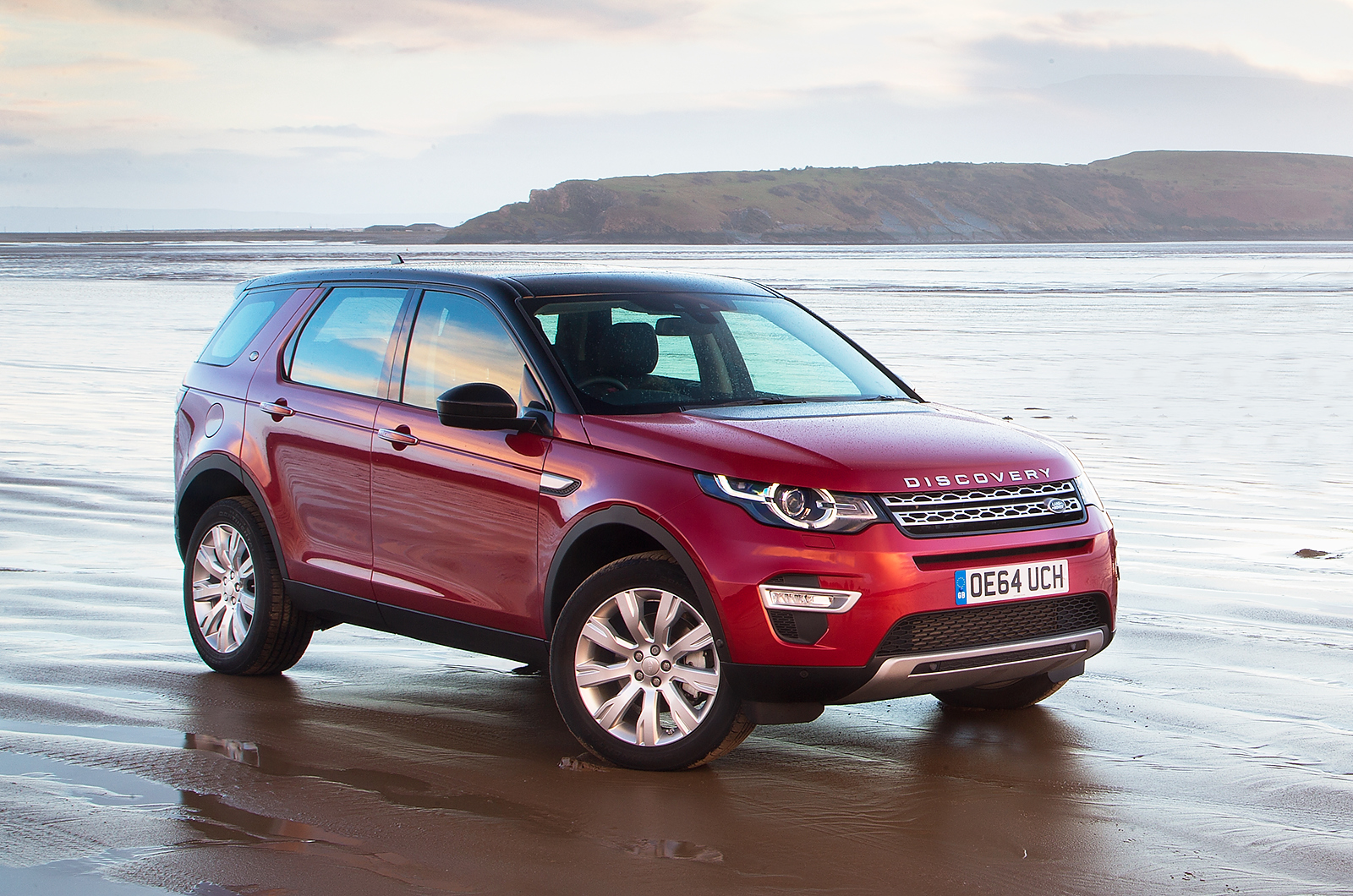Think of the Land Rover Discovery Sport as the new Freelander. Of a fashion. Because although it replaces the Land Rover Freelander, it represents something rather more than that, too.
It’s an extension of the Land Rover Discovery model line – or Discovery family, as Land Rover would have you believe it – intended to represent those who want a ‘Leisure’ Land Rover. For the record, a Range Rover is for those who seek ‘Luxury’ (naturally), while the next Land Rover Defender is set to provide the ‘Dual-Purpose’ of extreme off-road capability plus more habitability than it currently offers.
‘Leisure’, then, means the ethos of the Freelander’s replacement has changed a little. It’s a more spacious vehicle than before, to the extent that two chairs in the boot floor make it a seven-seater, albeit a compact one.
With that comes a higher price. At the moment, the range starts at more than £31,000. The 2.2-litre diesel engine offered at launch has been replaced by a smaller capacity turbocharged 2.0-litre Ingenium engine. Buyers can opt for the 148bhp version which is only available with a six-speed manual or choose the 177bhp unit available with Land Rover's nine-speed automatic. There is even talk of a hotter Disco Sport on the agenda to complete the range.
Then, of course, there’s a choice of trim level. The £31,095 entry point is an SE manual, before moving through SE Tech and HSE trim levels and topping out at the HSE Dynamic Lux priced at a gulpsome £46,510 when equipped with the optional nine-speed automatic gearbox.


